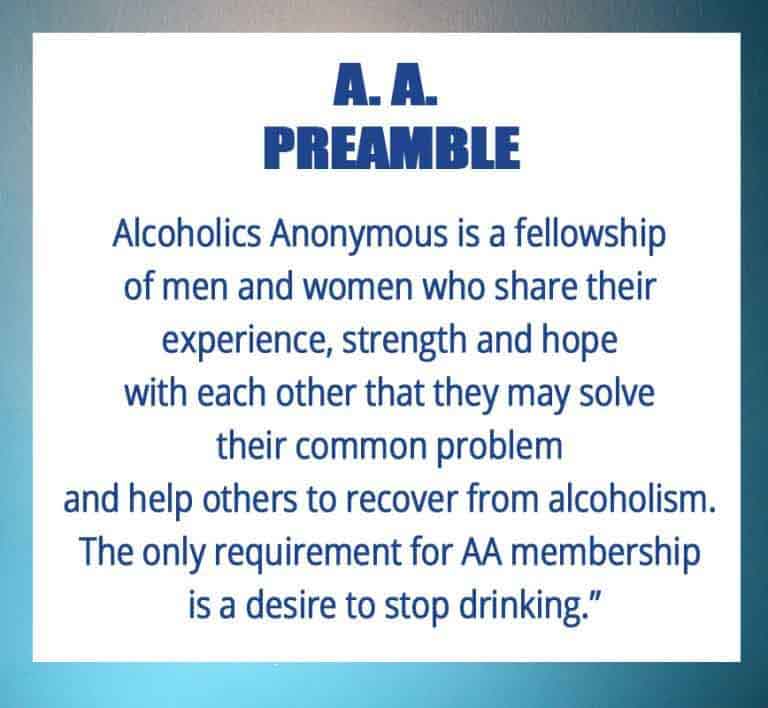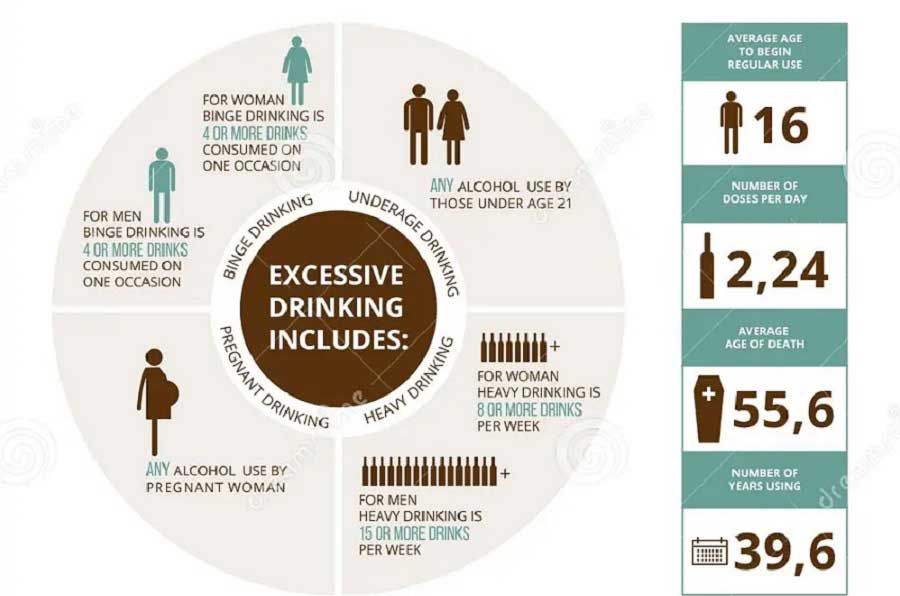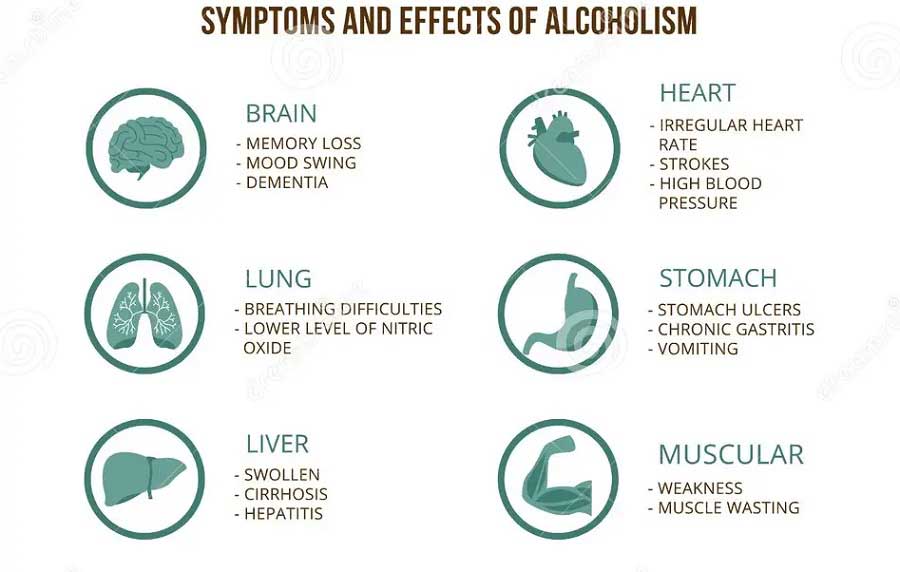
"Never ask for whom the bell tolls; they fold for you."
John Donne
"My name is María. I am an alcoholic and have been in the fellowship of Alcoholics Anonymous (AA) for six years. Saying it aloud is never easy. I almost lost my family, the shame I discovered one day when I was sober in my son's eyes brought me to this place, and I thought I was no longer saved..."
"I started drinking very young, but sporadically; I didn't see it as a problem because I fulfilled all my responsibilities. When I finished college, I continued to drink more. My mother perceived it: 'You're becoming an alcoholic,' but I couldn't believe her, I was a professional and for me the alcoholic was the one who remained to lie in the street, full of grime."
"I left home and I didn't have mommy to scold me. With my husband, we 'tuned up'. When the meal was over, we would start; without worrying about talking to my son, a teenager, or helping him with his homework."
"Later I was told what I confessed to some people: 'I don't know what to do with mom, she drinks every day with my dad'. He would suffer and if he protested, I would reply, 'I'm the adult, I drink with my money, I'm not causing you any harm."
"Then someone from AA approached me and handed me a self-diagnosis, which is a set of questions for you to determine if you have the disease. At that point, I wasn't ready yet. And it just so happened that because I was doing my job so poorly, money was practically not coming into the household."
"I remember waking up at 2:00 or 3:00 am with feelings of guilt. I wondered why I was acting that way. Until one day I asked myself: are you going to keep saying you drink because you want to or are you going to acknowledge that you are sick and can't stop?"
"I came to the group for survival. Thanks to this program, my son is no longer ashamed of me. There is always the fear of relapse, because it's easy to stop drinking, but it's the hard part. I feel stronger, but I don't neglect myself. It's one step at a time, and there are no shortcuts."
FIRST LIGHTS IN THE SHADOWS
In 1935, an American stockbroker and a surgeon, both hopeless alcoholics, found that getting together to talk about their illness scared away some of the compulsion to drink. From there, the seeds of AA were sown. This program, often shrouded in the myths and mists of the First World, has been in Cuba and Las Tunas for decades.

"It is simply a group therapy in which we support each other, and share our experiences, strengths, and hopes. That contact with other people in your same situation helps you not to give yourself the first gulp, which is the only one you can avoid. Because if you take that step, your conscience disconnects, and what remains is the animal instinct," Daniel comments.
For Alfredo, the support has been invaluable: "Here we learn that our pathology is incurable, progressive, and can be fatal. If I had continued drinking, I wouldn't be married today. The day would come when not having any money, I would sell any object. Alcoholism takes everything from you and, in the end, when there is nothing left, and then it kills you."
Yulier, coordinator of Area S, as Las Tunas is identified at the country level, says that they are organized through committees and base recovery groups. As for the former, there are several, with different functions. The Encamado committee, for example, goes to the Clodomira Acosta psychiatric hospital and other health centers to bring information to the patients.
"Currently there are four base groups, all in the main municipality, each with its representative. Also at the municipal level, a committee is created, with a person in charge who attends to the groups in a general way. And these leaders in turn make up our assembly in the province," he points out.
Argelio, the coordinator of the Professional Community Work and Public Information committees, says: "AA is an association with a different organization because the base recovery groups are the ones that send the district (municipality), the area (province), the region and the national office. We give a lot of importance to individualities and the base."
"In Cuba, we acquired legal status as an association in 2019, although it had been operating for three decades. In the province, it turned 28 years old. We want, through the FMC, to access women who suffer from this scourge, because we see that they suffer more than men because of social stigmas. In Las Tunas few are part of AA, the same happens with young people."
ALLIANCES THAT SAVE
"My name is Argelio, I am an alcoholic and I have been in AA for 14 years, 14 years of sobriety! What can I say? When I used to drink I was undesirable, a bum, a liar... I came to the program with the idea that what was wrong with me was that I didn't know how to drink, then I understood that it is a disease."

"Today, I get on people's nerves; before, I was easily annoyed. If they passed by me, I imagined they were talking about me and that's when the argument would come. I had deep mental lapses, which robbed me of anecdotes and years of my existence that I can't remember."
For Ismaray Pupo Grijalvo, a first-degree specialist in Adult Psychiatry and head of the Addictions Service, alcoholism has a high rate in Tunisian society and is still not fully visible with the seriousness it implies for human health and as a social problem. Despite the support that AA represents, the doctor insists that detoxification is vital in the first instance. Therefore, the institution plays a key role in achieving recovery. We have a room at the 'Clodomira Acosta' for the care of these pathologies," she says. Strategies have been drawn up for the admission of patients and, due to infrastructure issues, they live together with others who suffer from psychiatric diseases, but this does not interfere with their rehabilitation.
"At the moment we have 10 hospitalized patients with alcohol dependence. They come to Emergencies asking for help, and that is one of the main criteria for staying in our service: the desire to stop using. Psychotherapy needs to be effective."
She says that people usually go there in a state of abstinence, with the typical symptoms: tremors, sweating, and sometimes alcoholic hallucinations, hearing or seeing things that do not exist. "When they come in these conditions, they are admitted for 30 days. There is a very well-standardized protocol. Initially, we start with injections for three days depending on the clinic and then we check their signs. Then we include oral treatment if there are symptoms of depression and anxiety."
"During admission, there are activities such as AA group visits to the ward, where they interact and do psychotherapy. As an institution we have a basic work team that is quite comprehensive, made up of a social worker, psychologist, rehabilitators, and psychiatrists and we manage to expand the consultation in terms of symptomatology and occupational therapy."
"Group psychotherapies do work. If someone has some kind of personality disorder or specific situation, they are given individualized attention. So that they leave recovered, asymptomatic, with new life projections. The current times have brought more patients and we can see the results, because you find them on the street, already reincorporated into society."
Hortensia Dolores Pérez Saldívar, a graduate in Social and Occupational Rehabilitation and the main specialist in the Alcohol and Drugs ward speaks of the strength of receiving AA's support: "They come on Wednesdays at 11:00 am. They immediately encourage exchanges and promote joining groups after leaving here, to continue rehabilitation."
"They work with a lot of passion and are very effective because they help to maintain abstinence. Alcoholism hurts, you have to understand that, and more and more young people are coming."
"One of the important elements is the support of the family and (in the case of certain pathologies) in many cases it is necessary to be accompanied during the 30 days of admission."
GETTING BACK ON TRACK
"My name is Cecin, I am an alcoholic and I have been in AA for 22 years. Here I found peace and a new family that accepts me with my faults and virtues. Alcohol forced me to do things that were not in keeping with my personality. I always give the example of the candle, if you blow it out halfway and never light it again, it stays that way forever. I had left my life half-extinguished."

"It got to the point where I wasn't doing well drinking or not drinking, my existence had become unmanageable. You don't become an alcoholic from one day to the next; it's a process, and it has its phases. In the beginning, I enjoyed it, but alcohol takes away spiritual, social, economic, and other values, which can even lead to an attempt against life."
"It is a disease that leaves you hopeless. When you see yourself alone, without family, without anything material or spiritual, you think no one wants you. I can't leave this program, because if I do, I know exactly what will happen. After tearing your skin, alcohol eats you up and stays there, lurking."
Like María, Argelio, and Cecin, AA has changed the course of many people from Las Tunas. The covid-19 somewhat depressed the ground it had gained. It decreased the number of members and the scarce presence of women and young people is worrying when it is known that in practice they continue to be prey to this scourge. Its members are looking for strategies to gain followers since there are only grassroots groups of Recuperación in the provincial capital.
Yulier, the coordinator of Area S, has been admitted to the psychiatric hospital in the past. He listened to an AA talk and understood the message. With full knowledge of the facts, he says that despite the alliances, there is still little support from the medical institutions. Every week they only have one hour at the "Clodomira Acosta" to share experiences.
They dream that shortly, the bridges will be widened and a doctor, psychologist, psychiatrist, or other health professional will participate in their activities, and they will be able to spread their knowledge.
AA operates in more than 180 countries. The only premise it embraces is the desire to stop drinking. Its notoriety reaches us because here, those who raise their hands and share their story, however novel it may be, are familiar faces: parents, children, siblings, and pieces of us in whom alcoholism has dug its claw.





